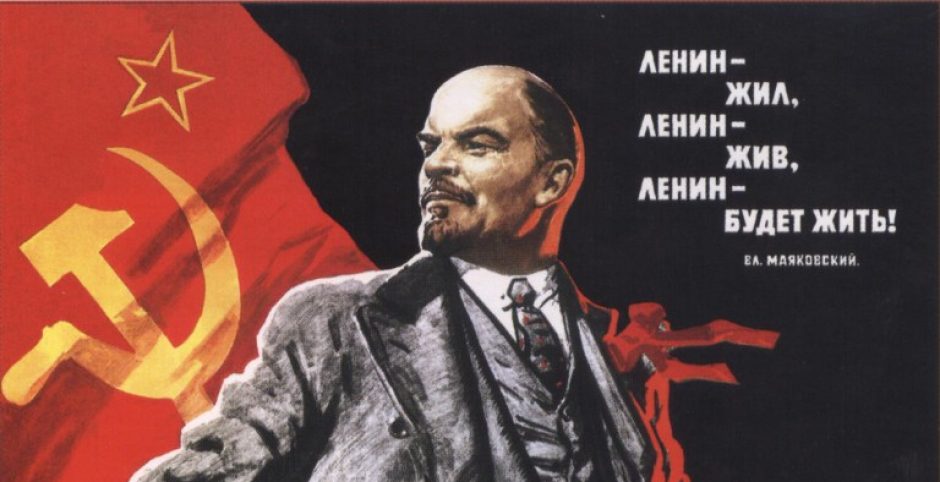Given our current political predicament in the United States, how do we understand the U.S in relation to Russia? The article in the New Yorker points out that much of what Putin uses as justification for his actions is previous action taken by the U.S. in global affairs. It raises questions about just how different the U.S and Russia really are when it comes to global politics. Additionally, I think that the article makes a good point about the leverage Russia has as one of the few possessors of nuclear arms, stating that Russia might be irrelevant to global politics if it did not have them. However, how do we understand this next to the success of Russian cyber attacks? At every corner it seems that Putin has changed the metric of subterfuge and war craft, a fact that supports the notion of Russia resurgent on its own terms. But, here comes another question, can Russia only operate on its own terms when the rest of the world is in, possibly temporary, upheaval? Sorry that there is no real quote here but I just wanted to put these question out.
Warning: Attempt to read property "comment_ID" on null in /home/theleahg/russianrevolutionss17-2.theleahgoldman.com/wp-content/plugins/subscribe-to-comments/subscribe-to-comments.php on line 71
Warning: Attempt to read property "comment_author_email" on null in /home/theleahg/russianrevolutionss17-2.theleahgoldman.com/wp-content/plugins/subscribe-to-comments/subscribe-to-comments.php on line 591
Warning: Attempt to read property "comment_post_ID" on null in /home/theleahg/russianrevolutionss17-2.theleahgoldman.com/wp-content/plugins/subscribe-to-comments/subscribe-to-comments.php on line 592
Warning: Attempt to read property "comment_ID" on null in /home/theleahg/russianrevolutionss17-2.theleahgoldman.com/wp-content/plugins/subscribe-to-comments/subscribe-to-comments.php on line 71
Warning: Attempt to read property "comment_author_email" on null in /home/theleahg/russianrevolutionss17-2.theleahgoldman.com/wp-content/plugins/subscribe-to-comments/subscribe-to-comments.php on line 591
Warning: Attempt to read property "comment_post_ID" on null in /home/theleahg/russianrevolutionss17-2.theleahgoldman.com/wp-content/plugins/subscribe-to-comments/subscribe-to-comments.php on line 592
Warning: Attempt to read property "comment_ID" on null in /home/theleahg/russianrevolutionss17-2.theleahgoldman.com/wp-content/plugins/subscribe-to-comments/subscribe-to-comments.php on line 71
Warning: Attempt to read property "comment_author_email" on null in /home/theleahg/russianrevolutionss17-2.theleahgoldman.com/wp-content/plugins/subscribe-to-comments/subscribe-to-comments.php on line 591
Warning: Attempt to read property "comment_post_ID" on null in /home/theleahg/russianrevolutionss17-2.theleahgoldman.com/wp-content/plugins/subscribe-to-comments/subscribe-to-comments.php on line 592
Warning: Attempt to read property "comment_ID" on null in /home/theleahg/russianrevolutionss17-2.theleahgoldman.com/wp-content/plugins/subscribe-to-comments/subscribe-to-comments.php on line 71
Warning: Attempt to read property "comment_author_email" on null in /home/theleahg/russianrevolutionss17-2.theleahgoldman.com/wp-content/plugins/subscribe-to-comments/subscribe-to-comments.php on line 591
Warning: Attempt to read property "comment_post_ID" on null in /home/theleahg/russianrevolutionss17-2.theleahgoldman.com/wp-content/plugins/subscribe-to-comments/subscribe-to-comments.php on line 592
Warning: Attempt to read property "comment_ID" on null in /home/theleahg/russianrevolutionss17-2.theleahgoldman.com/wp-content/plugins/subscribe-to-comments/subscribe-to-comments.php on line 71
Warning: Attempt to read property "comment_author_email" on null in /home/theleahg/russianrevolutionss17-2.theleahgoldman.com/wp-content/plugins/subscribe-to-comments/subscribe-to-comments.php on line 591
Warning: Attempt to read property "comment_post_ID" on null in /home/theleahg/russianrevolutionss17-2.theleahgoldman.com/wp-content/plugins/subscribe-to-comments/subscribe-to-comments.php on line 592
